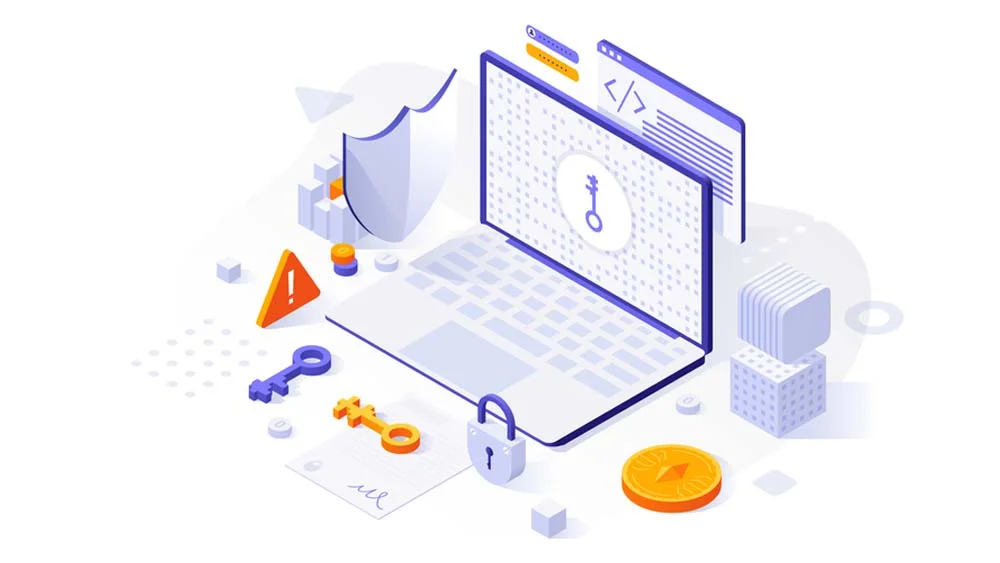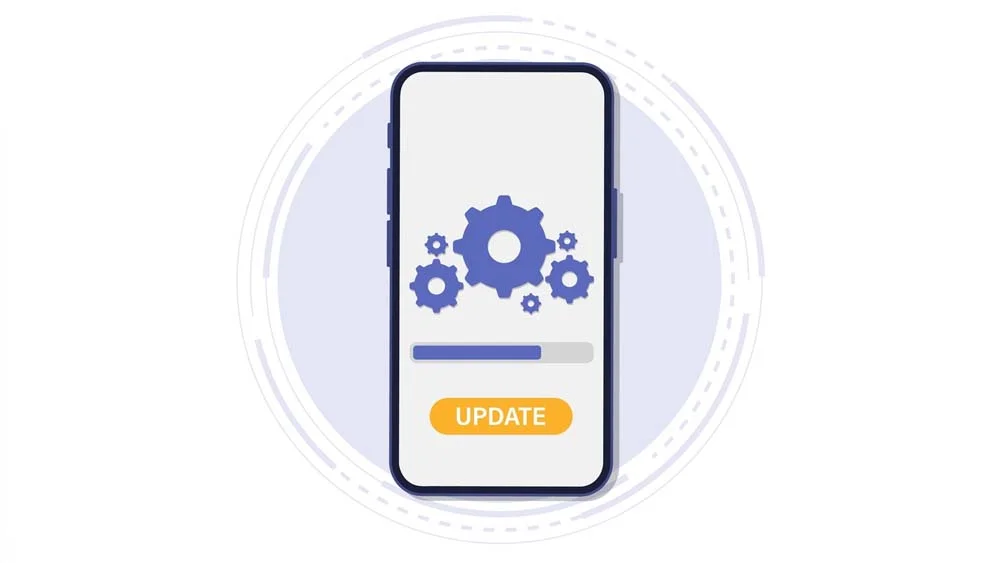Best Practices to Ensure Your App Security
When it comes to online security, many of us don’t think twice before entering any information or personal details into an application. We assume that our data is safe and secure. However, that’s not always the case, especially if the app doesn’t have all the necessary application security measures in place. But how could you take all the safety measures that would assure your users’ full security? In this article, we will answer some important questions: What is application security, and what are the most effective ways to apply it?
What Is Application Security?
Application security is the process of creating a secure environment for apps to operate in. This means not just having secure coding practices—it’s about making sure that any user data contained in your app remains safe and secure, too. It also includes the process of identifying and fixing any breaches and vulnerabilities that may face the app over time.
Benefits and Challenges
The benefits of application security are clear. Nearly all apps have their own servers, which are connected to the internet. Apps like mobile banking and e-commerce apps hold millions of vulnerable records and sensitive information about users, like payment information. Since the market for mobile apps continues to expand rapidly, it has become a prime target for attackers and other external threats. The significance of application security lies in protecting such important and sensitive information from ever being breached. Not only that, but it also contributes to strengthening the app’s performance and providing users with a seamless experience.
Application security is a complex domain with many challenges. One of the biggest challenges is that threats to applications are constantly evolving. While technological advancements can be quite beneficial, they can also be the complete opposite. This means that security practices must evolve to keep up with constantly changing threats. Another important aspect of application security is the need to balance security with usability. While it is important to have strong and effective security practices in place, it is equally important to ensure that the security measures do not unduly impact the performance and usability of the application. If you’re looking to implement a security strategy like authentication, you’ll want to make sure it doesn’t damage the user experience too much, making it hard for users to go through the app and thus causing dissatisfaction.
Security Risks in Mobile Apps
As we stated, mobile app security is essential for any business that wants to protect its applications and data. Mobile apps also have many security risks that need to be taken into consideration. These can be caused by users not following best practices or the app not having sufficient protection in place.
Let’s look at some of the security risks you need to watch out for:
- Weak authentication: Weak authentication means your app is vulnerable to attack by unauthorized users who can access sensitive data or functions.
- Data leakage: Data leakage occurs when sensitive and confidential information is exposed due to poor coding practices or technical faults in the mobile application itself. This could result in confidential information being shared publicly, leaving your data vulnerable to use by attackers or hackers, thus, putting users at great risk.
- Insecure API connections: We understand that APIs and integration may contribute to the app’s enhancement. However, insecure API connections can allow third parties access to your application’s data without authorization, leaving you vulnerable to the theft of customer information or even the app’s idea and functionality.
Best Practices for App Security
When it comes to app security, there are some best practices that you should take into account. Here are five key areas to focus on:
Use of Encryption
Encryption is one of the most important best application security practices. Data encryption is now mainly used in the tech industry as it provides the highest level of security. Encryption of data is the technology that converts the sent data or information provided by users into unfathomable texts. So, as the data goes along the way to be transmitted to the servers, it wouldn’t be understandable, making it difficult to be breached. However, the minute it arrives on the servers, it will be transformed once again into a clear form. Using encryption will ensure that data is secure during transmission and when stored in databases. This also helps to prevent data breaches and other malicious attacks.
Regular Software Updates
As users, we all think that application updates and maintenance are not a necessity and that they mean a new feature or enhancement. However, apps and software updates mean more than just that. It’s essential to keep your software updated with the latest security patch releases. This will help reduce the risk of a vulnerability in your app and make it harder for intruders to exploit a vulnerability. In addition, it is essential to review the data security policies and update them as needed to ensure that all users are on the same page.
Secure Backend Services
An essential practice that has to be executed properly and efficiently is securing backend services. Backend development is a hidden yet substantial part of the mobile app development process. It includes everything from data storage and record retrieval to controlling and implementing the app codes and algorithms. Strong and secure backend development is usually what makes a strong app, besides many other factors. To ensure that the backend service is secure. This can be accomplished by implementing secure coding practices such as input validation and a unique infrastructure. Access to the backend service should be restricted to authorized users only. The data should be secured and encrypted both while in transit and while being stored. Additionally, it is recommended to regularly test the backend service for vulnerabilities and to keep software and systems up-to-date with the latest security patches.
Authentication and Authorization
Another security practice that is very important to implement in all apps is authentication. Aside from secure development practices, authentication gives users the assurance and authority to manage their own security. Using authentication and authorization helps ensure that only authorized users can access certain functions or features within an application. Implementing a robust authentication process such as multi-factor authentication, passwordless authentication, and/or biometrics using a platform like Descope can help protect against unauthorized access.
Proper Error Handling
Error handling is an important part of any application development project, especially when it comes to security. Error handling is the process of detecting and instantly resolving any coding errors that may affect the app’s performance. Developing secure coding practices makes it easier to detect errors in code. Such errors could potentially be exploited by external attacks and intruders looking for vulnerabilities in your application. Proper error handling not only ensures the safety of data from being compromised but also ensures the seamless flow of the application and enhances the user experience.
In Summary
Security is a crucial factor that separates great apps from poor ones. One of your primary responsibilities as an app developer is ensuring the safety of your users’ information and your own creation and app data. The implementation of a strong security practice will not only ensure your and your users’ safety, but it will also improve your app’s performance and build a sense of trust for users to keep using your app. This will, in turn, help you create a strong and loyal user base. There is no room for carelessness when it comes to security; it is always the first step toward success.







